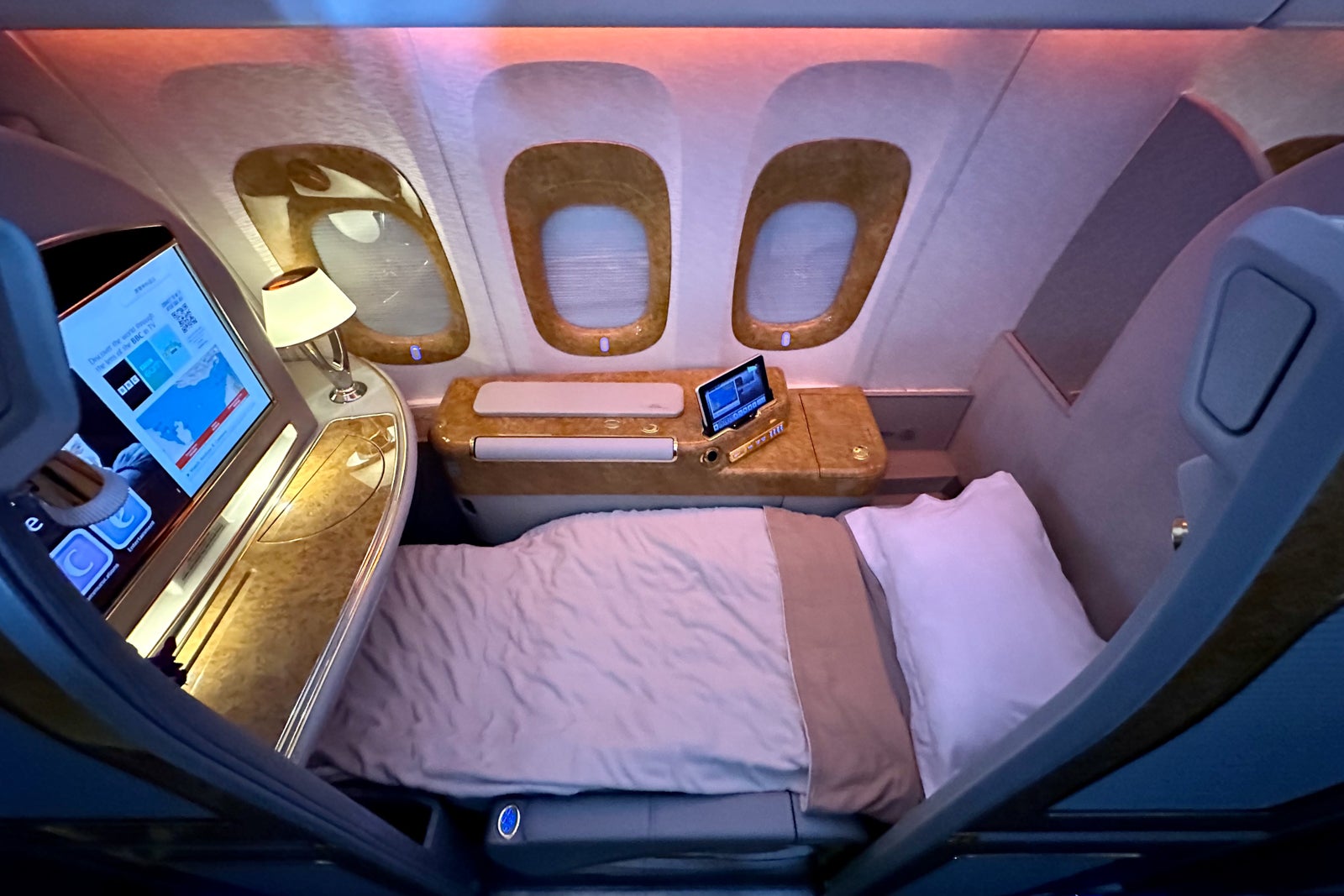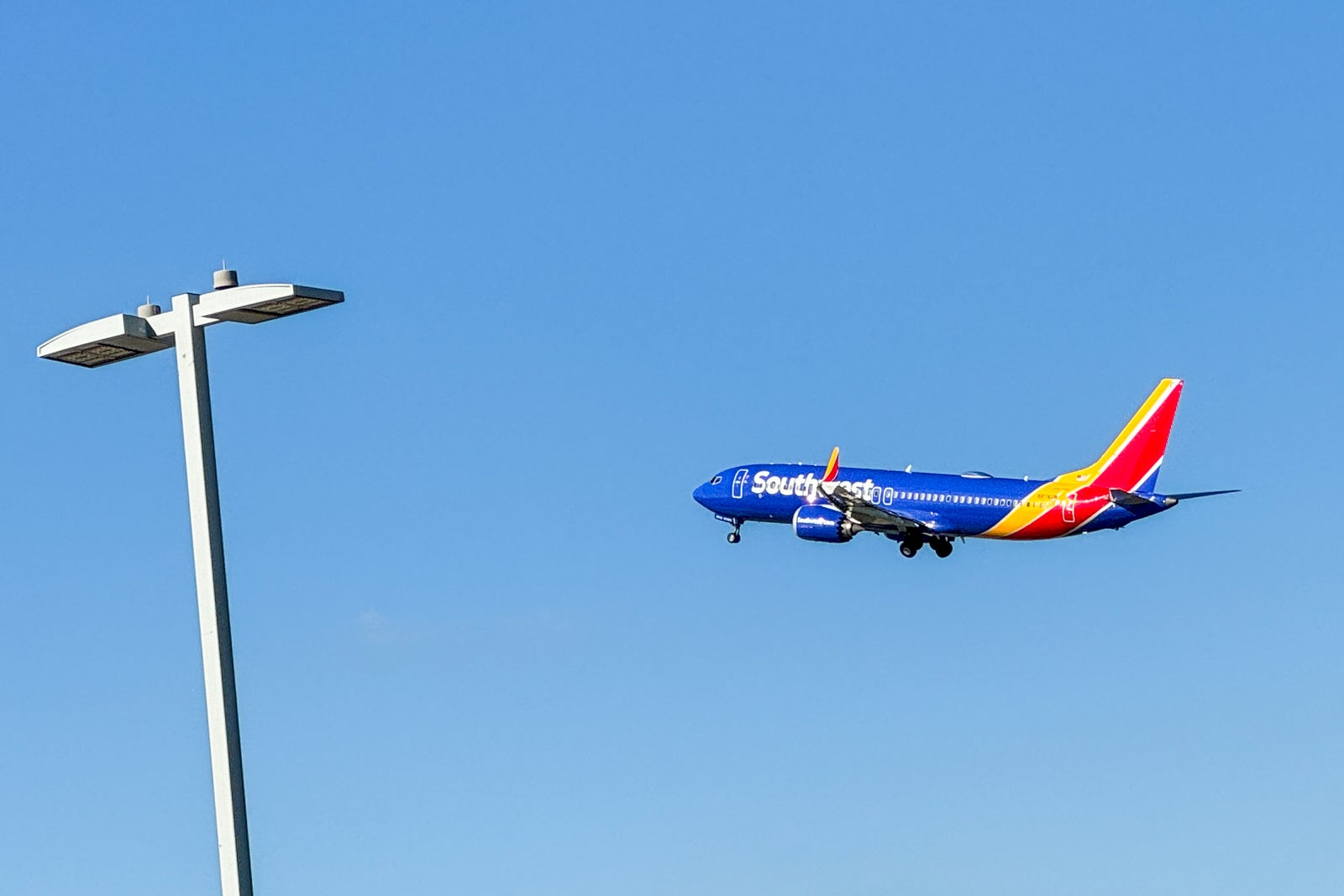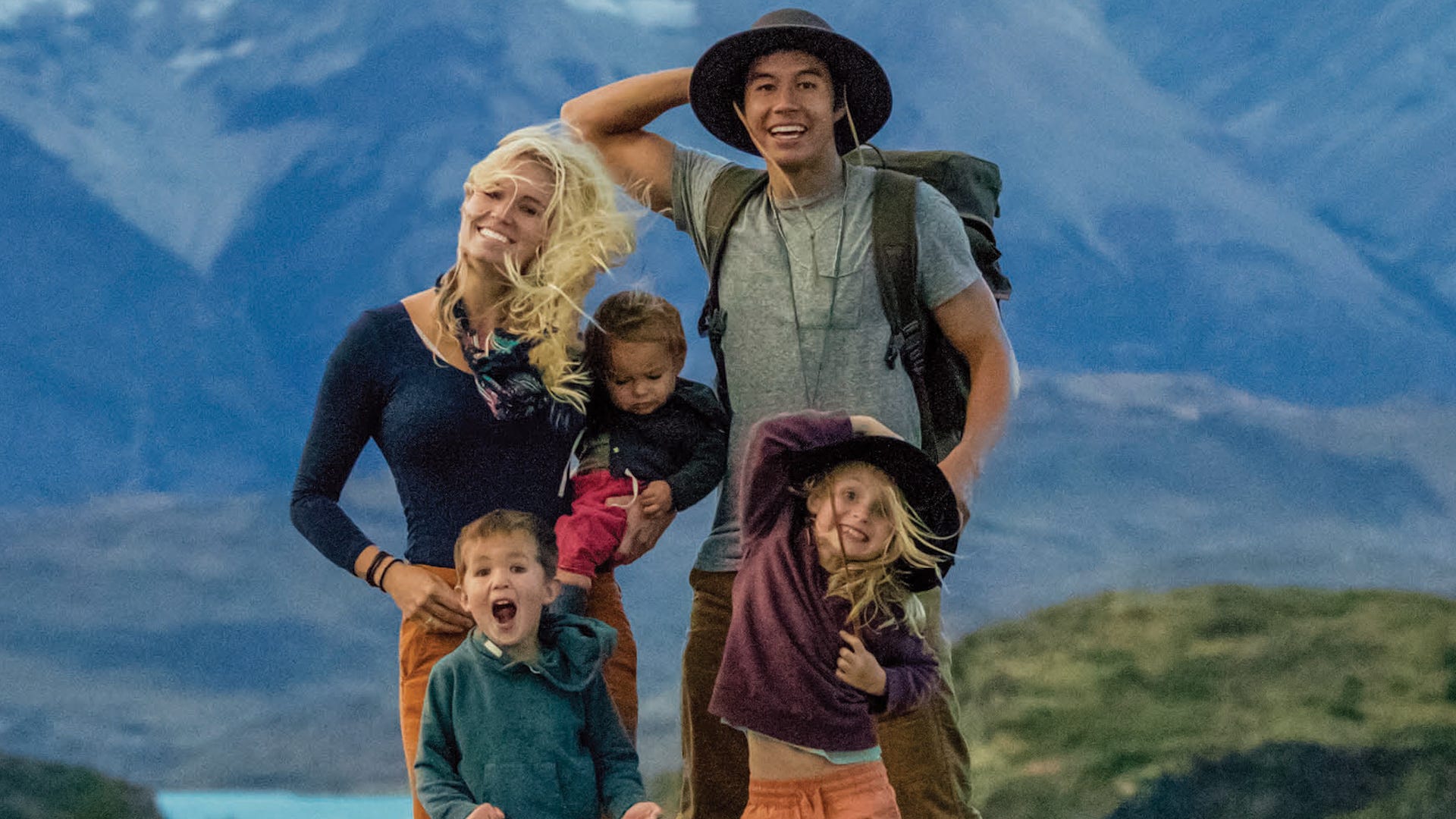Planning Starts Months Ahead: What Traveling With Autistic Kids Looks Like

- Families with autistic children require extra planning and consideration for vacations.
- Experts recommend considering sensory needs, dietary restrictions, and interests when choosing a destination.
- Visual aids, routines, and familiar items can ease transitions and anxieties during travel.
When Precious Hill and her family plan a trip, it’s not just about the destination or budget. Two of her three children are on the autism spectrum, which informs everything from where they stay to the activities they book.
"(There’s) a lot of thought that goes into that," Hill, who is autistic herself, told USA TODAY. "A lot of planning weeks and maybe months in advance."
Her 4-year-old daughter, Mikko, is nonverbal, while her 11-year-old son, Matthew Piper, also has sensory processing differences, she said. "We're trying to find accommodations for her," said Hill, who runs the YouTube channel, The Gentle Life, with her husband Chris Hill, and appears in the TV series, “Traveling the Spectrum.” "We're trying to find accommodations for him."
Vacation planning can be overwhelming, but for families with children on the spectrum, the process is often even more complex. USA TODAY asked experts for their recommendations ahead of the busy summer travel season.
Annette Edwards, a travel sales advisor with AAA Western and Central New York, said “travel is very personal.”
“You could have two families, two kids, they could be the exact same ages, go to the same school, do the same activities. What's perfect for one is not going to be perfect for the other,” said Edwards, who is also a Certified Autism Travel Professional and has a daughter on the spectrum. “And I think that extends even more broadly into families who have someone with autism, kids or adults.”
Edwards said a client’s interests, along with factors like dietary restrictions and sensory needs, can determine what trip is a good fit. People with autism can have varying sensitivities to sights, smells, sounds, tastes and/or other stimuli.
“Are they looking for a sensory stimulation? Like, do they want to go someplace where there's all this music and all of these things happening?” she said. “Or are they going to be at the airport and need to have headphones while they're in the airport and on the airplane, because of the noise of the plane and the chatter that you can hear from the different people?”
Hill has found that the beach, which is more laid-back, is a good fit for her Texas-based family, while Edwards said other travelers may enjoy theme parks.
Once they decide on a destination, experts stress the importance of preparation.
▶ Many autistic children do well with structure and predictability, according to Whitney Loring, a licensed clinical psychologist and Associate Professor of Pediatrics and Psychiatry & Behavioral Sciences at Vanderbilt University Medical Center. For that reason, summer may be challenging in general, "and in particular, vacations, because so much of that is unpredictable."
“So much is new, (there’s)so much you can't plan for, and there are so many abstract and unspoken expectations that come along with that that are often difficult for autistic children to pick up on or understand or be able to communicate around, asking, ‘What am I supposed to do in this situation?’” she said.
▶ Visual learning and repetition are often helpful. Loring recommended using a calendar to count down to the trip – “almost like an Advent calendar” – and demonstrate how it fits into their regular schedule. “Because a lot of times for autistic children, part of what is jarring about that is, like, so if we're leaving, does that mean everything that we normally do here is gone forever?”
▶ Communicating what will happen during the trip in a story-based way is another approach. Loring suggested telling your child what to expect while still at home, where they’re comfortable, paired with accompanying photos or drawings of the destination. “So, being able to say things like, 'You know, we're we're gonna be sleeping somewhere called a hotel, and that'll be different, but we're gonna have your pillow and your blanket from home, and mom and dad are gonna help you go to sleep in the same way they do at home,' " she said.
Getting to the destination brings its own considerations. Different modes of travel can present different difficulties, depending on the child.
▶ “For example, airlines have a lot of additional experiences and maybe less control over certain pieces than road travel might have,” Loring said. “However, it's typically going to be a lot shorter.”
The Arc’s Wings for Autism/Wings for All program, which allows travelers to do a “rehearsal” of activities like passing through airport security and boarding a plane that does not take off, may be helpful for flyers, according to Edwards. USA TODAY also attended a boarding demonstration last year from Breeze Airways, in partnership with Autism Double-Checked, which featured pre-departure announcements, a safety presentation and even snacks.
The Transportation Security Administration offers information and assistance through TSA Cares, as well. Many airports and airlines are part of the Hidden Disabilities Sunflower network, according to its website, which travelers can wear to indicate they may need more help or time.
▶ Cruise lines such as Royal Caribbean International and Celebrity Cruises also offer services for passengers with autism, such as expedited boarding and dietary accommodations.
▶ Driving, on the other hand, allows travelers to take breaks at their own pace and switch up activities more easily than they may be able to on a plane. “If you feel the need to control those pieces is worth the additional length, that's when I might go road trip versus group travel,” Loring said. If a child is interested in trains or buses, that excitement might be worth the potential challenges.
After travelers arrive, she recommended maintaining as many routines as possible and bringing items from home to help the new environment feel more familiar. Hill’s daughter, Mikko, has a toy monkey and blanket she brings “to kind of remind her of home,” she said.
That can also take other forms. Mikko has food aversion, often eating only certain colors and textures, so the family looks for grocery stores and lodging that have a kitchen or at least a microwave. “We try to get our vacation to look as much as possible as home for her,” Hill said.
Before committing to a whole trip, Loring said she’s had clients take a staycation as a test run. Then travelers could try a weekend trip, a short drive from home, perhaps.
“And so maybe you think about, like, where are some realistic places to do some small travel that also might give you some information,” she said.
Edwards said the travel industry has become “much more autism-friendly” as a whole. Many museums, zoos and other attractions are Certified Autism Centers, meaning “at least 80% of their customer facing staff is highly trained, fully equipped and certified in the field of autism,” according to the International Board of Credentialing and Continuing Education Standards.
Travelers can find an online list by clicking here. Loring recommended asking hotels or other businesses they might visit what their specific autism-friendly services and facilities look like.
The IBCCES also offers a search tool that allows travelers to look for Certified Autism Travel Professionals who can guide them through the trip planning process.
Regardless of the activity they choose, Hill has also found buying day or weekend passes preferable to timed tickets, since Mikko may not feel ready to leave on a set schedule.
In general, for the family, flexibility is key. “Travel looks different every time we travel, honestly,” she said.
Nathan Diller is a consumer travel reporter for USA TODAY based in Nashville. You can reach him at ndiller@usatoday.com.


